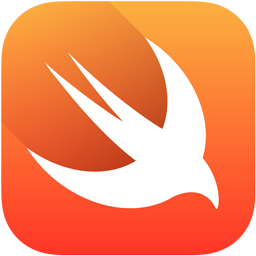Benchmarking Differentiable Swift

PassiveLogic’s truly autonomous control of buildings and more is enabled by the use of physics-based digital twin simulations. To match these simulations to the real world and use them to make optimal control decisions, we need to be able to run these simulations faster than real-time. Additionally, we need to be able to optimize them at the edge, not on massive servers. Differentiable programming and gradient descent optimization are the key items needed to make this possible.